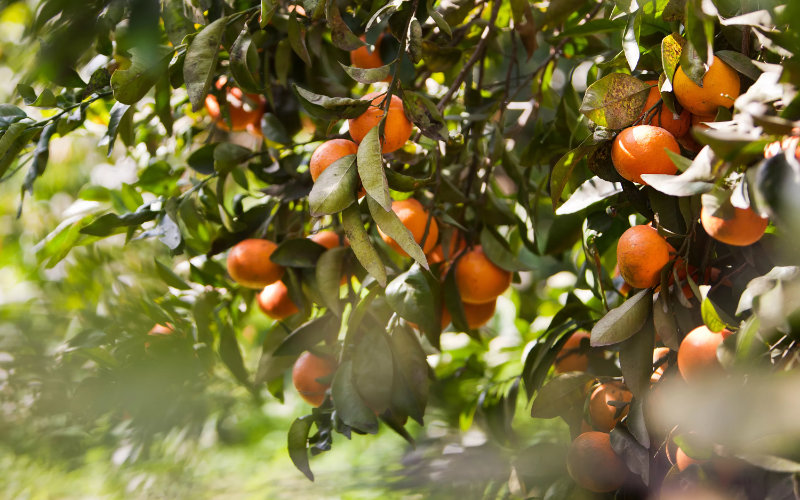Moroccan Workers Vital to Corsica’s Clementine Harvest Season

Moroccan seasonal workers constitute a skilled and valuable workforce for Corsica, which produces clementines on a large scale. They are currently in the fields to ensure the clementine harvest.
Over the years, the Casablanca-Corsica axis has been strengthened for the success of the clementine harvest. For the past five years and the first year of the Covid crisis, Moroccan seasonal workers have been leaving Morocco for the island of beauty, in order to work in the clementine farms alongside the Corsicans who are becoming less and less interested in the activity. Supervised, declared and paid at the minimum wage, they are paid and housed by the producers. Some stay just for the harvest, from October to early January, or a month longer, while others hired as permanent workers are responsible for maintaining the land, sowing and driving the tractors. This year, there are 1,100 Moroccans arriving in Bastia. Their mission is to ensure the harvest of about half of the clementine producers, "transported by the regional company Air Corsica thanks to five specially chartered flights during the first three weeks of October," says La Tribune.fr.
Jean-Paul Mancel, a long-time citrus grower and president of two leading organizations in this sector of activity - the association of Corsican producers and APRODE, the association for the promotion and defense of the Corsican clementine - recognizes the quality of the work of the Moroccan seasonal workers. "I have been cultivating my land for fifty years. The Moroccans have always supported us for the harvest periods. They are experienced in this very demanding work. But the areas dedicated to clementines have expanded significantly and the local workforce is becoming increasingly scarce. The one we manage to find is mobilized in our various conditioning stations for grading, packaging, shipping and transporting the fruit. A few years ago, Moroccan seasonal workers would come as reinforcements on their own, most often by bus, train and boat."
And he adds: "They are familiar faces for us and, over the years, personal ties have been strengthened. But with the health crisis, all travel had become impossible, transportation was paralyzed and we worked with the authorities, the prefecture and the Moroccan embassy in France to set up special flights that had the additional advantage of being direct. The experience has been successful for everyone and we have been renewing it every year..." On the island, there are 42,000 Moroccan and dual-national residents.
Related Articles
-

French Air Traffic Controller Suspended After "Free Palestine" Message to Israeli Plane
13 August 2025
-

Luxury Vacation Nightmare: French Tourists Stranded as 5-Star Morocco Hotel Overbooks
12 August 2025
-

French Streamer Zack Nani Revolutionizes Sports Broadcasting with Saudi Pro League Rights
12 August 2025
-

Moroccan Shoppers Face VAT Refund Hurdles: EU Tax Rights Violated at French Customs
10 August 2025
-

Saharan Inferno: France Braces for 40°C Heatwave as Tropical Storm Fuels Record Temperatures
10 August 2025